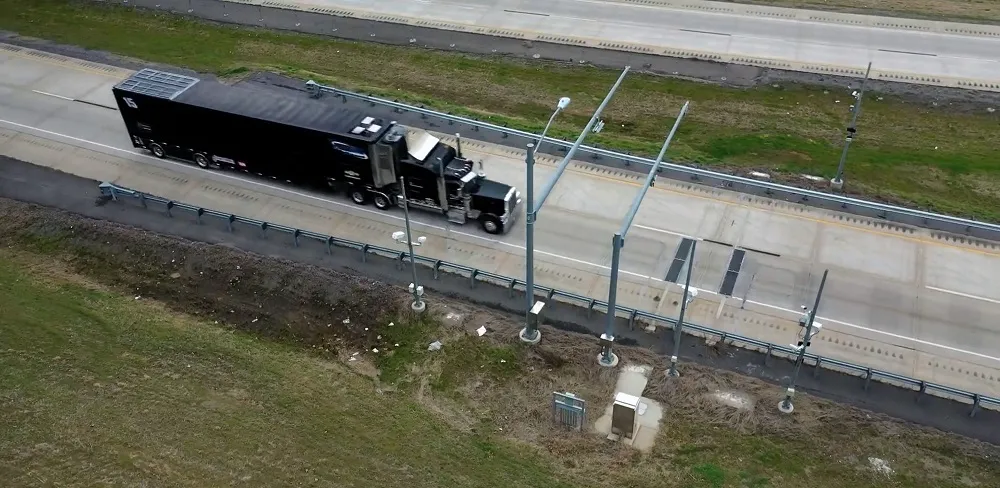The
“The safe integration of automated vehicle technology into our transportation system will increase productivity, facilitate freight movement and create new types of jobs,” says US transportation secretary Elaine L. Chao.
AV 3.0 is concerned with “identifying and supporting the development of automation-related voluntary standards developed through organisations and associations, which can be an effective non-regulatory means to advance the integration of automation technologies”.
It also says the USDoT will “interpret and, consistent with all applicable notice and comment requirements, adapt the definitions of ‘driver’ or ‘operator’ as appropriate to recognise that such terms do not refer exclusively to a human, but may include an automated system”.
The guidance also states that the DoT is “continuing its work to preserve the ability for transportation safety applications to function in the 5.9 GHz spectrum”.
The DoT says that the document incorporates the results of “extensive stakeholder engagement” with manufacturers, technology developers, infrastructure owners and operators, bus transit, and state and local governments.
The draft guidance is to be published in the Federal Register for public review and comment.
US DoT seeks voluntary AV standards
US authorities have signalled that voluntary – rather than compulsory – standards will be the way forward to integrate automated vehicles (AVs) into the country’s transport system.
The US Department of Transportation (USDOT) has issued new AV guidance but warns that the new document - Preparing for the Future of Transportation: Automated Vehicles 3.0 (AV 3.0) - does not replace the voluntary guidance it provided in Automated Driving Systems 2.0: A Vision for Safety.
“The safe integration of automated
October 11, 2018
Read time: 2 mins
US authorities have signalled that voluntary – rather than compulsory – standards will be the way forward to integrate automated vehicles (AVs) into the country’s transport system.










